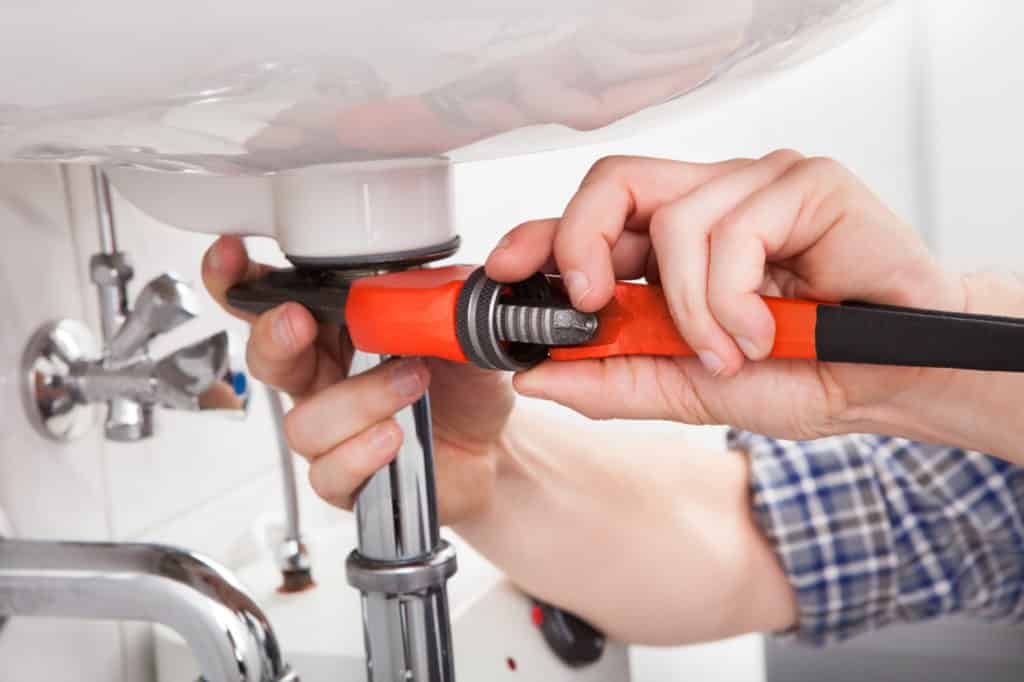Plumbing has two distinct systems, but most people only think of one of the systems. Clean water systems do not bother people the way dirty water does.
If you want to try your home plumbing, you at least need to understand that the two systems are complementary. Apart from working together, one has access to the other, and the opposite should never happen.
Clean water should never interact with dirty water. Eventually, clean water ends up in the nasty water section once it has been used. According to https://allserviceplumbers.com/lakewood/, clean water systems are supposed to be above the dirty water system. When water is looking for its level, it will use the lowest point. Gravity, too, forces the water down. Once you understand this, then you are ready to make the easiest of steps of understanding home plumbing. Below are the other four steps.
Ensure there is Quality Installation
Poor quality plumbing will always come back to haunt you. Take some time to vet the technician. Ensure that they have the right training and certification. Licensed technicians are also better because most of them are also insured. Their workmanship should be professional. Also, ensure that they have enough experience with the type of job that you are giving them. Check their reviews online to get a glimpse of what other customers think about the person and his or her work.
Most customers think that they should hire the cheapest plumber out there. Well, you could get a bargain, but you could also end up with a person who is not qualified to deliver the job right. Strike a balance between professionalism and price.
Teach yourself Basic Maintenance
I know you are probably not ready for this task, but it won’t hurt if you learned something. Start with the basics of inspection. You are looking for faucets, drains, toilets, seals, shut off valves, dishwashers, septic systems, sewer mains, vent pipes, irrigation systems, and washing machines. What are you looking for? You are looking for signs of leaks, slow draining, clogged drains, water pressure, breakages, loose valves, and similar problems.
When you are teaching yourself basic maintenance, you want to know the problem, diagnosis to find the cause of the problems, basic ideas on how to rectify the problem, and precautionary measures. If you see a dripping faucet, you need to know how to fix it. You also need to know that removing the faucet without shutting the shutoff valves could easily cause water damage. Therefore, you must learn the whole process.
Teach yourself Basic Repair
You are likely to encounter more than one plumbing issue with your system over time. Some are minor problems that you do not need to call a technician yet. Most people wait for the problem to become big enough for them to call a technician. It is not good to do that. If a faucet drips every second, you will have lost a significant amount of water in the problem. Fixing the problem immediately is better than waiting. At least learning how to do simple repairs is better.
Online tutorials are available that can help you learn how to repair small problems. You will focus on specific items on the plumbing system when looking for tutorials. You will check the problem that you have and search for it. First, explore the causes of the problem before looking for ways to solve it. A loose or worn out valve can cause problems with the faucet. Replacing the washer can return the tap to its proper functioning. At least take some time to check tools and essential protective gear. Some plumbing tasks such as drain cleaning will need that.
Call a Technician
If you notice that a problem could have multiple causes, it is better to call a technician. At least he or she will have information about how to fix most of the issues. He or she will also know the proper diagnostics of the current problem. Sometimes the problem is small, but it has a serious underlying cause. Calling a technician will ensure that the immediate problem is solved and future issues are prevented.
Simple things in plumbing can sound complicated if you have not proposed to know how your system works. If you put your mind into it, you can learn something valuable. Knowledge about the system, common problems, common diagnostics, and basic repair can ensure that your system never develops major issues. It can also reduce losses. If you call a plumber when your drain is fully clogged, you will definitely pay more. If you call them when the problem is minor, they will probably charge you.
When the situation arises and it’s quite serious and you know you can’t handle it on your own. It’s worth paying professional plumbers in london the full price for their service.


